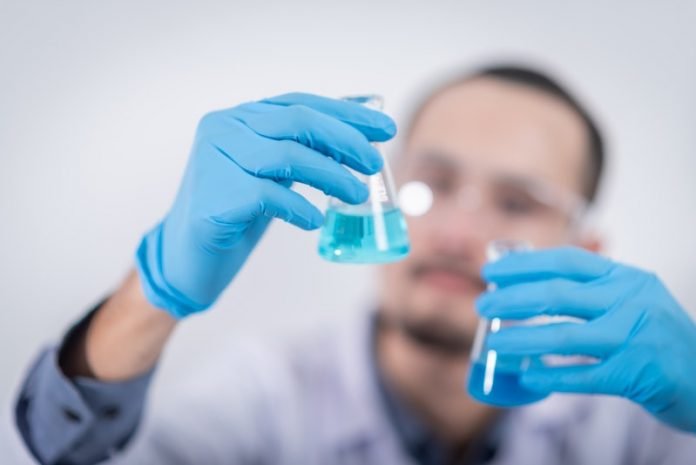
Understanding the body’s immune response to SARS-CoV-2, the virus that causes COVID-19, is key to developing effective treatments and long-lasting vaccines.
Of particular interest are neutralizing antibodies, which can block the virus from entering and infecting human cells, helping the immune system clear the virus and prevent future infections.
In a new study, researchers found that the potency of neutralizing antibodies developed in COVID-19 patients was strongly reduced in those with severe disease compared to patients with milder infections.
They found that if a person made antibodies that were more effective at neutralizing the virus, they seemed to have better clinical outcomes.
The research was conducted by a team at the Ragon Institute of MGH, MIT, and Harvard.
In the study, the team developed an automated assay that could measure the potency of neutralizing antibodies in hundreds of COVID-19 patient samples at a time.
They used this technology to examine samples from 113 COVID-19 patients, comparing milder cases to severe and fatal ones to understand the nuances of the antibody response.
They discovered that patients with severe or fatal COVID-19 had significantly less effective neutralizing antibodies than patients with milder cases.
In fact, a model they built suggested that measuring the potency of these neutralizing antibodies could predict patient outcomes.
The team says by measuring the neutralization potency of a patient’s antibodies, doctors may be able to identify patients at risk of severe disease or death and use that to guide treatment options.
The neutralizing antibodies were also effective against the recently identified and widespread SARS-CoV-2 mutation known as D614G.
Though the ability to protect against mutated forms of the virus is promising, these results suggest that to prepare for potential future pandemics, scientists need to look towards developing vaccines capable of providing a broadly protective response.
One author of the study is Alejandro Balazs, Ph.D., Ragon Core Member.
The study is published in Cell.
Copyright © 2020 Knowridge Science Report. All rights reserved.



